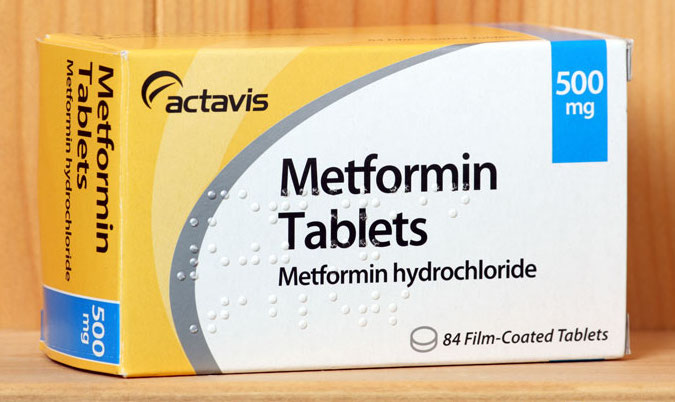A recent study has suggested that a widely used diabetes drug, taken by millions of people, may reduce the aggressiveness of acute myeloid leukaemia (AML), a type of blood cancer.
Researchers from the University of Cambridge discovered that metformin, an inexpensive and commonly prescribed treatment for type 2 diabetes, may help prevent AML, based on studies conducted on mice.
The study highlighted that individuals who take metformin often share a common genetic mutation linked to AML. The research team focused on a genetic change in a gene called DNMT3A, which is responsible for about one in six cases of AML.
Metformin may help impede the growth of cancer cells in people with a faulty DNMT3A gene. In lab tests on mice and human tissue, the drug was shown to slow the growth of abnormal blood cells.
Read Also: FG unveils SINCCAR to boost cancer research
Additionally, by examining the health records of over 400,000 individuals, the researchers found that those taking metformin were less likely to show mutations in the DNMT3A gene.
Around 3,100 people are diagnosed with AML each year. Sadly, only about one in five patients survive longer than five years after diagnosis. Although genetic testing can identify those at higher risk, there is currently no approved method to prevent the disease from developing.
Researchers now hope that metformin could be used as a preventive measure for individuals at high risk of AML.
Professor George Vassiliou, one of the study’s authors, explained that blood cancers like AML are more difficult to treat than solid tumors (such as breast or prostate cancer) because they don’t form lumps that can be surgically removed. This makes early identification and preventive treatment critical.
Dr. Rubina Ahmed from Blood Cancer UK noted that repurposing existing drugs like metformin is promising, as they are already proven to be safe and widely available.
Tanya Hollands from Cancer Research UK described the results as exciting but emphasized the need for further testing. She said proper clinical trials involving real patients are essential to confirm metformin’s effectiveness in preventing AML.
Researchers are now planning to conduct clinical trials on individuals with DNMT3A gene mutations.
AML symptoms can be difficult to detect, as they often resemble general signs of illness. According to the NHS, symptoms of AML may include pale or washed-out skin, fatigue, breathlessness, unexplained weight loss, frequent infections, night sweats, bleeding gums or nosebleeds, and easy bruising. Other symptoms can include flat red or purple spots on the skin, fever, bone and joint pain, abdominal discomfort, and swollen lymph nodes in the neck, armpits, or groin.
Currently, the primary treatment for AML is chemotherapy.
According to NHS data, about 3.6 million people were prescribed antidiabetic drugs like metformin between 2023 and 2024. Metformin remains affordable, costing around 35p per tablet. It is available in two forms: regular tablets taken multiple times daily, and slow-release tablets taken less frequently.
Besides controlling high blood sugar, metformin helps the body use insulin more effectively—an ability that may now be key to fighting cancer too.



